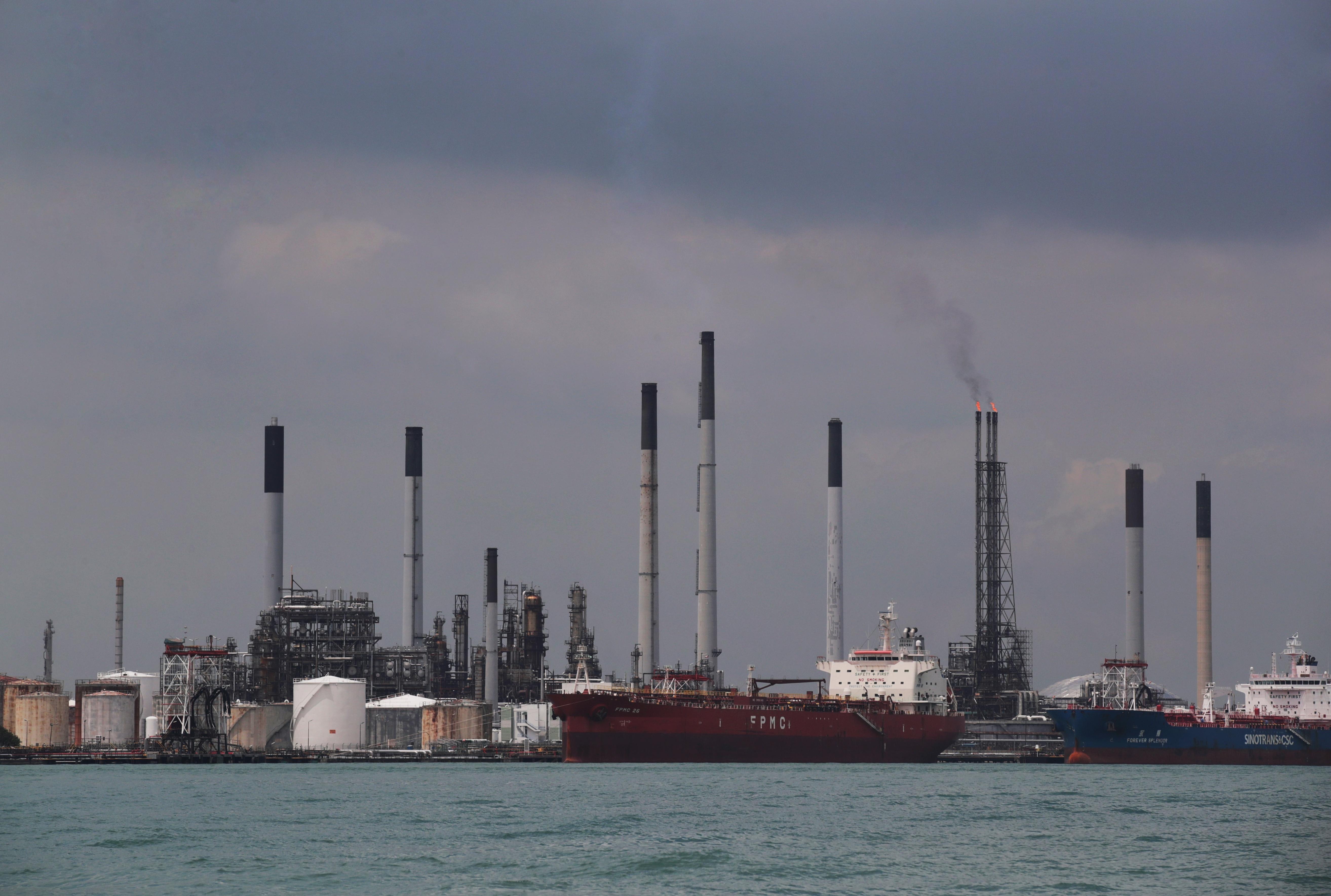Singapore's Government Initiates CCS Feasibility Studies for Power Generation Companies
Key Ideas
- EMA grants are being provided to power generation companies in Singapore to conduct feasibility studies on CCS facilities for decarbonization.
- Two CCS pathways under consideration are post-combustion carbon capture for gas turbines and pre-combustion carbon capture for hydrogen production.
- CCS is seen as a potential solution to reduce carbon emissions in Singapore's natural gas sector and achieve the target of net-zero emissions by 2050.
- The initiative aims to leverage existing natural gas infrastructure to meet decarbonisation goals and potentially integrate with future Jurong Island CCS projects.
The Energy Market Authority (EMA) in Singapore is offering grants to power generation companies for conducting feasibility studies on carbon capture and storage (CCS) facilities. The grant call, announced by Deputy Prime Minister Gan Kim Yong, focuses on exploring two CCS pathways for the power sector. These pathways include post-combustion carbon capture for combined-cycle gas turbines (CCGT) and pre-combustion carbon capture to produce hydrogen for power generation. The aim is to capture carbon dioxide produced during natural gas combustion and hydrogen production, storing it in underground sites. Singapore, aiming to decarbonize its natural gas sector, sees CCS as a potential solution due to its reliance on fossil fuels. The government is already working on CCS projects on Jurong Island, with plans to start aggregation of carbon emissions for overseas storage by 2030. Power generation companies eligible for the grants must be operating or planning to operate advanced CCGTs on Jurong Island or Tuas by 2035 and have completed a pre-feasibility study on CCS pathways. Proposals must be submitted by January 31, 2025, and will be evaluated based on land requirements, proposal quality, and funding requests.
